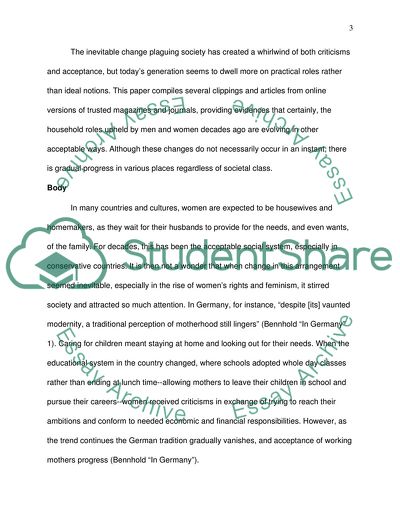Cite this document
(Changing Roles in the Household Term Paper Example | Topics and Well Written Essays - 2500 words, n.d.)
Changing Roles in the Household Term Paper Example | Topics and Well Written Essays - 2500 words. Retrieved from https://studentshare.org/social-science/1744291-changing-roles-in-the-household
Changing Roles in the Household Term Paper Example | Topics and Well Written Essays - 2500 words. Retrieved from https://studentshare.org/social-science/1744291-changing-roles-in-the-household
(Changing Roles in the Household Term Paper Example | Topics and Well Written Essays - 2500 Words)
Changing Roles in the Household Term Paper Example | Topics and Well Written Essays - 2500 Words. https://studentshare.org/social-science/1744291-changing-roles-in-the-household.
Changing Roles in the Household Term Paper Example | Topics and Well Written Essays - 2500 Words. https://studentshare.org/social-science/1744291-changing-roles-in-the-household.
“Changing Roles in the Household Term Paper Example | Topics and Well Written Essays - 2500 Words”, n.d. https://studentshare.org/social-science/1744291-changing-roles-in-the-household.


